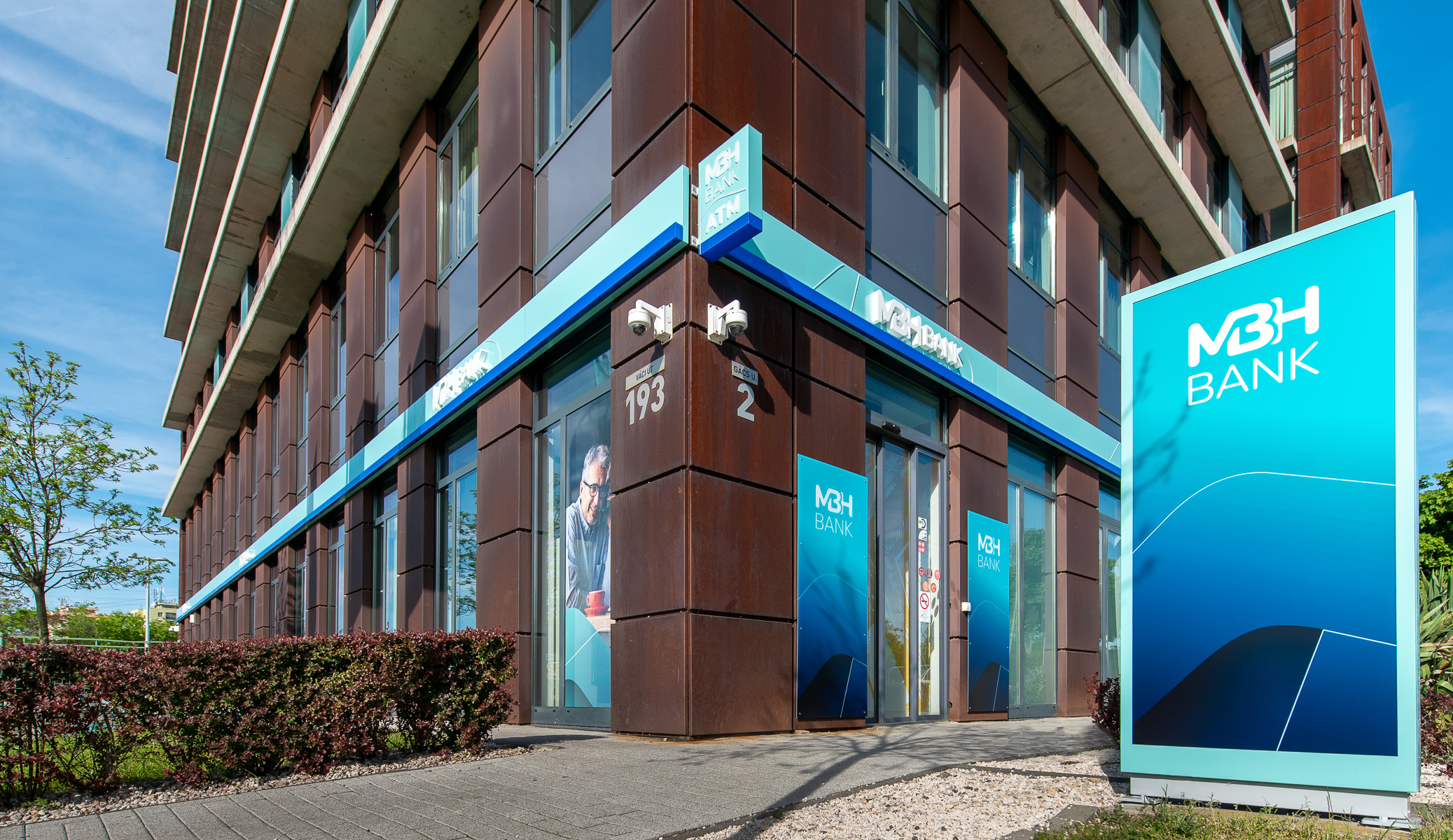Energy tax changes only moderately weigh on MOL

MOL investors worry over the impact of tax changes and the corruption case in Croatia.
The stock price of oil and gas company MOL has primarily been driven by external factors, such as the worries over the European debt crisis and now the United States’ so-called “fiscal cliff”. According to Buda-Cash analyst Bálint Török, this can temporarily change due to an important piece of corporate news or a tax change. Currently, investors are focusing on the increased political risks in Croatia and the acts of the Hungarian government. Török stressed that an important domestic risk is that the government can surprise investors both as a regulator and as a shareholder. He added that a good example is the increase of the Robin Hood tax on energy suppliers, which only weighs on MOL to a moderate degree.
At the operating level, 2013 will not be as good as this year for MOL, KBC Securities analyst Péter Császár said at a press briefing. MOL’s production is expected to decline, as new projects cannot offset the natural depletion of onshore fields in Hungary and Croatia. However, at the net profit level, the company’s performance is expected to remain similar to that in 2012. Despite the increase of the Robin Hood tax, MOL’s overall tax burden could even be less than this year, as the extraordinary sectoral tax, which reached about HUF 30 billion per year, will be scrapped in 2013.
The story of the Robin Hood tax in Hungary is almost as gripping as that of the legend of Sherwood. The tax was introduced as a temporary measure by Gordon Bajnai’s government for two-years in 2009-2010. However, the tax remained in place, and the Orbán government threatened to increase its rate from the original 8% to 16%, although eventually it was set at 11%. According to the government’s third package of austerity measures released this autumn, the rate of the Robin Hood tax will be 31% as of 2013. Thus, the corporate income tax rate of energy service providers will reach 50%, but taxpayers will be able to deduct their capital expenditures from the tax payable up to 50% of the tax paid above the 19% rate. Császár pointed out that with the deductions, the effective tax rate would be only 15.5% or even lower, as the tax base of the Robin Hood tax is different from that of the corporate income tax.
Oil price trends
The good news is that the derivatives markets indicate a significant $20 drop in Brent crude oil prices by 2018. Next year, oil prices are expected to move in a trading range of $95-110. Since the beginning of 2011, Brent prices have been driven by supply shocks such from the tension in Egypt, through a loss in Libyan output to the conflicts in Iran, Syria and the Ghaza strip. In 2013, KBC Securities expects a tug-of-war between weaker fundamentals and supply anxiety.
In the OECD countries, supply and demand is now in balance, Császár said. However, investors are still concerned over spare capacities, which have shown a steadily declining trend during the past 18 months. The problem is that with a low level of spare capacities, unforeseen oil production outages can quickly boost oil prices.
Although both the market and the International Energy Agency (IEA) expect a slight increase in spare capacities, the agency foresees an increase in oil prices in real terms. The IEA’s 2035 oil price target of $125 per barrel is significantly higher than the price indicated by derivative markets. The market consensus is $108/bbl for next year and $107/bbl for 2014. Oil prices are expected to remain well over $100/bbl in 2015, too.
According to the IEA’s latest oil market report, oil futures prices fell to four-month lows in late October and early November amid mounting pessimism over the global economic outlook. Prices fell further after the U.S. Presidential election on worries over the ‘fiscal cliff’ looming at end-year, with Brent last trading at $109.25/bbl and WTI at $86/bbl.
However, according to a last-minute modification to the law, only investments that create new jobs will be deductible, said Császár. He pointed out that the problem is that MOL’s investments in Hungary are primarily related to maintenance, which result in relatively few new jobs. He added that the impact of the modification couldn’t be estimated until the details are published. Analysts agree that the increase in the utility tax does not affect MOL, or only insignificantly.
Corruption case in Croatia
Croatia’s former prime minister Ivo Sanader was sentenced to ten years in prison in a first instance ruling of a court in Zagreb on charges of accepting a bribe of millions of euros to give MOL full management rights in Croatian state oil company INA. Both MOL and Hungarian analysts consider this case a political rather than a business issue.
Finance Minister Slavko Linic reportedly said that the corruption verdict against Sanader might help the nation change INA’s shareholding agreement with MOL. “Regardless of the verdict, the government is dissatisfied with the shareholders agreement, and I think that it will be subject to supplements and amendments,” Linic was quoted by MTI as saying on state radio. “An agreement could be signed that is satisfactory for both sides,” he added. Linic also said negotiations between the government and Budapest-based MOL are under way, adding they are “not easy.”
MOL, which owns 49.1% of INA, won control of the company in a 2009 shareholding agreement. Croatia, which has 44.84% share, has tried to increase its influence in the company during the past two years.
Following the sentence, MOL issued a statement saying that the company continues to reject categorically the accusations made against MOL as part of the case against the former prime minister of Croatia. MOL raised concerns over some of the statements by the court, as they “made factual misconceptions in support of this initial ruling.” MOL stated that as the largest foreign investor in Croatia it reserves its rights to take action internationally if this should be necessary.
SUPPORT THE BUDAPEST BUSINESS JOURNAL
Producing journalism that is worthy of the name is a costly business. For 27 years, the publishers, editors and reporters of the Budapest Business Journal have striven to bring you business news that works, information that you can trust, that is factual, accurate and presented without fear or favor.
Newspaper organizations across the globe have struggled to find a business model that allows them to continue to excel, without compromising their ability to perform. Most recently, some have experimented with the idea of involving their most important stakeholders, their readers.
We would like to offer that same opportunity to our readers. We would like to invite you to help us deliver the quality business journalism you require. Hit our Support the BBJ button and you can choose the how much and how often you send us your contributions.







